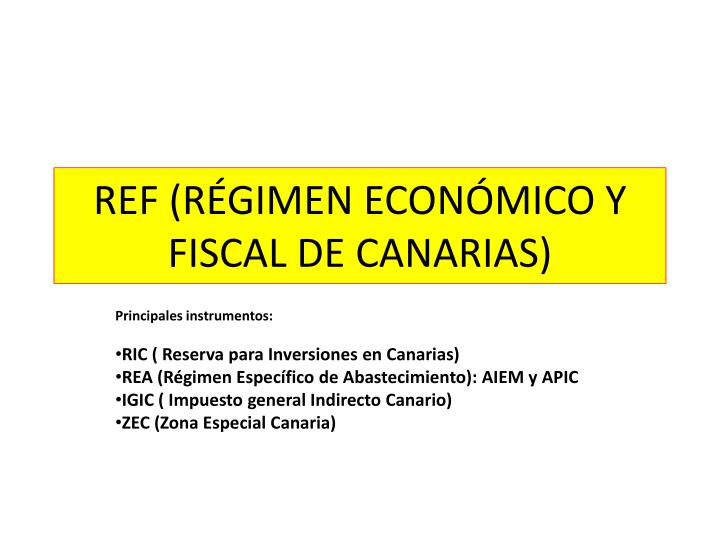La deriva política en España no tiene en cuenta a las empresas ni a las comunidades más débiles. ................The political drift in Spain does not take into account businesses or the weakest communities.

Artículo publicado hoy en Linkedin. Agustín Santana
En los últimos años el Gobierno de España no se ocupa de las diferencias sociales y económicas de las distintas regiones y sus singularidades económicas y fiscales. Canarias posee un modelo económico y social que se empieza a formar durante la conquista y colonización del Archipiélago en el siglo XVI y que se mostrado imprescindible a lo largo de la historia.
El Gobierno de España no se atreve a tocar en su fueros o especificidades al País Vasco o a Cataluña pero ataca una y otra vez al Régimen Económico y Fiscal de Canarias, olvidándolo o modificándolo sin contar con las autoridades ni con los empresarios canarios. En estos momentos están intentando modificar la diferencia fiscal de las producciones audiovisuales en un claro desprecio a nuestras singularidades y derechos.
Además el Gobierno de Canarias tampoco brilla por su eficacia, y como ejemplo la incorporación del supuesto de inversión del sujeto pasivo que se introdujo en la Ley 20/1991 con la finalidad de evitar el fraude fiscal que se venía produciendo en el IVA (“fraude carrusel”). En Canarias dicho fraude fiscal no es posible ya que todas las entradas de mercancías, con independencia de su procedencia, constituyen importaciones sujetas a IGIC.
Pero esta modificación se hizo en su día y desde entonces los mayoristas importadores de informática móvil tenemos que pagar el IGIC a la entrada en nuestros puertos a la hacienda canaria, pero no podemos incorporarlo en nuestras facturas sino esperar a que la tesorería de la hacienda nos lo devuelva, normalmente a los seis meses de haberlo pagado.
Ocurre entonces que la hacienda canaria recauda el IGIC de importación de los mayoristas, y también el de los revendedores en el plazo de unos dos meses, con lo que durante cuatro meses ha recaudado dos veces el IGIC de las ventas de aparatos móviles, una de las facturaciones más importantes en el mundo de la informática. Se ha dado el caso de una empresa que ha pagado mas de 700.000 euros por la importación de estos equipos y los ha empezado a recibir en devolución a los seis meses. Una descapitalización de los empresarios canarios injustificable y inasumible.
El 1 de agosto de 2019 presenté una solicitud para que previos los estudios, informes y trámites que resulten procedentes, se modifique la Ley 20/1991 suprimiendo los dos últimos guiones (teléfonos móviles y consolas de videojuegos, ordenadores portátiles y tabletas digitales) de la letra i del número 2º del artículo 19.
Esperemos que desde Canarias se exija que en el gobierno central se respete el REF canario y si lo que necesitan es más recaudación que bajen los gastos superfluos y dobles, o que miren a los más poderosos.
In recent years, the Spanish Government has failed to address the social and economic differences of the various regions and their economic and fiscal singularities. The Canary Islands have an economic and social model which began to take shape during the conquest and colonisation of the Archipelago in the 16th century and which has proved indispensable throughout history.
The Spanish Government does not dare to touch the Basque Country or Catalonia in their «fueros» or specificities, but attacks time and time again the Economic and Fiscal Regime of the Canary Islands, forgetting or modifying it without taking into account the authorities or the Canarian businessmen. At the moment they are trying to modify the tax difference for audiovisual productions in a clear disregard for our singularities and rights.
Furthermore, the Canary Islands Government is not very efficient either, and as an example, the incorporation of the case of inversion of the taxable person that was introduced in Law 20/1991 with the aim of avoiding the tax fraud that had been occurring in VAT («carousel fraud»). In the Canary Islands, such tax fraud is not possible since all entries of goods, regardless of their origin, constitute imports subject to IGIC.
But this modification was made at the time and since then, wholesale importers of mobile computers have had to pay the IGIC on entry into our ports to the Canary Islands tax authorities, but we cannot include it in our invoices and have to wait for the tax authorities to return it to us, normally six months after we have paid it.
The Canary Islands tax office then collects the IGIC on imports from wholesalers, and also from resellers within about two months, which means that for four months it has collected twice the IGIC on sales of mobile devices, one of the most important invoices in the IT world. One company paid more than 700,000 euros for the import of this equipment and began to receive it back after six months. An unjustifiable and unacceptable de-capitalisation of Canarian businessmen.
On 1 August 2019, I presented a request that, following the appropriate studies, reports and procedures, Law 20/1991 be amended by deleting the last two indents (mobile phones and video game consoles, laptops and digital tablets) of letter i of number 2 of article 19.
Let us hope that the Canary Islands will demand that the central government respects the Canary Islands REF and that if what they need is more revenue, they will reduce superfluous and double spending, or that they will look to the most powerful.
Translated with www.DeepL.com/Translator (free version)
